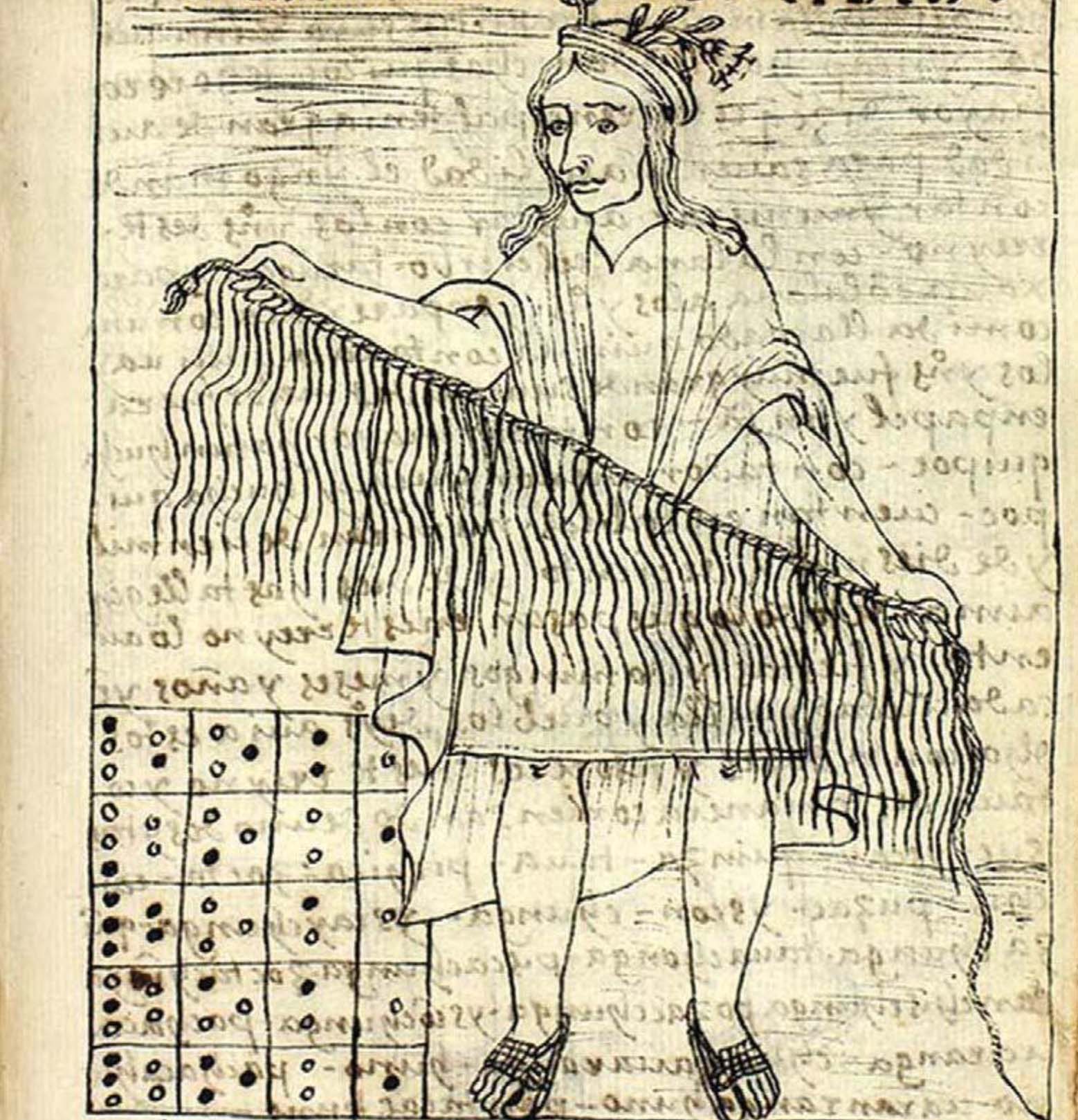The khipu (quipu) was the main device used for administrative recordkeeping in the Inca Empire of Pre-Columbian South America. Researchers have gained a good understanding of the principles of khipu recording and accounting for administrative purposes. However, Spanish observers of Inca recordkeeping at the time of the conquest stated that this knotted-cord device was also used for documenting narrative events of the past. This lecture reviews what we have learned about khipu recordkeeping and speculates on how we may investigate the still undeciphered narrative contents of these extraordinary records.
Gary Urton is the Dumbarton Oaks Professor of Pre-Columbian Studies and Chair of the Department of Anthropology at Harvard University. His research focuses on a variety of topics in pre-Hispanic and early colonial intellectual history in the Andes, and draws on materials and methods in archaeology, ethnohistory, and ethnology. He is the author of numerous articles and books on Andean/Quechua cultures and Inca civilization, including At the Crossroads of the Earth and the Sky (1981), The History of a Myth: Pacariqtambo and the Origin of the Inkas (1990), The Social Life of Numbers: A Quechua Ontology of Numbers and Philosophy of Arithmetic (1997), Inca Myths (1999), Signs of the Inka Khipu: Binary Coding in the Andean Knotted-String Records (2003), and “The Khipus of Laguna de los Cóndores,” in Chachapoya Textiles: The Laguna de los Cóndores Texiles in the Museo Leymebamba, Chachapoyas, Peru (2007). He is the founder and director of the Khipu Database Project at Harvard University.

